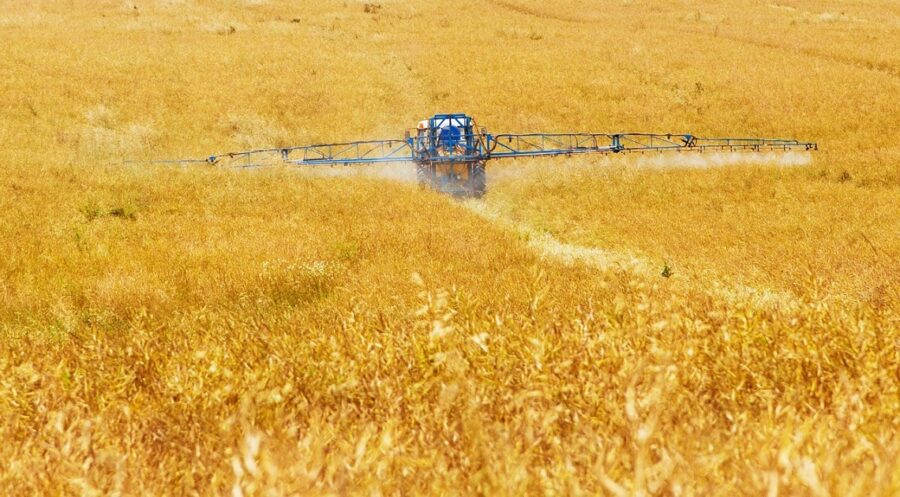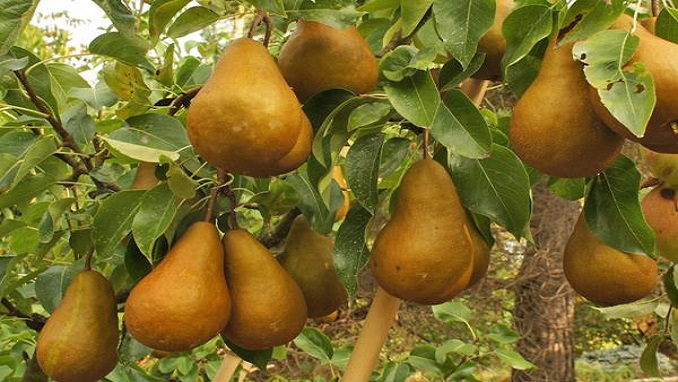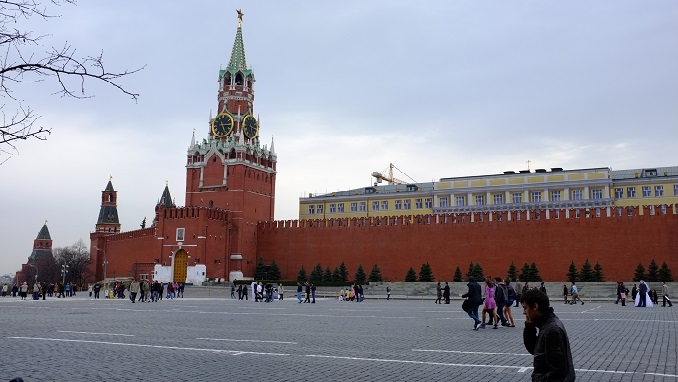At the UN Climate Change Conference (COP27) earlier this month in Sharm el-Sheikh, nations discussed accelerating efforts to reduce greenhouse gas emissions and mitigate climate change in the agricultural industry. Agriculture and food security were among the most prominently discussed topics at COP27, UNFCCC reports.
This featured a new program aimed at scaling up funding to change agriculture by 2030 and the accord on a new four-year strategy for agriculture and food security.
In light of this, the Egyptian COP27 chair and more than 20 agricultural ministers announced the Food and Agriculture for Sustainable Transformation (FAST) project on November 12.
FAST is a multi-stakeholder initiative that seeks to enhance economic and food security while stepping up financing for the transformation of agriculture. The project also intends to assist adaptation efforts and pursue the 1.5°C global warming limit set forth in the Paris Agreement.
For poorer nations, whose livelihoods are especially in danger from climatic consequences, dealing with climate change and agriculture is a top concern.
Apart from climate change, agriculture and food security have been heavily impacted by the lack of supply of fertilizers.
To guarantee that fertilizer supply is accessible to farmers in the 27-member union and are within their means, the European Commission has announced a number of initiatives.
Officials from the Commission attributed the record-high fertilizer costs to supply chain interruptions brought on by both the Covid-19 outbreak and the continent’s prolonged energy crisis. It forecasts that since September 2021, fertilizer prices have increased by 149% annually.
Earlier this month, the WTO and the UN Food and Agriculture Organization (FAO) released a research paper that examined the present volatility in the fertilizer market and its effects on agricultural productivity.
The paper presents policy proposals for G20 nations and calls for immediate action to address the fertilizer problem, underlining the significance of maintaining an open fertilizer market to fulfill global demand and prevent a catastrophe in the food supply.
In other news, EuroChem Group AG announced the relaunch of operations of its Lithuanian subsidiary – Lifosa.
“With the need to continue fertilizer supplies to key target markets in Europe and the Americas and the importance of Lifosa to Lithuania, we are pleased that we will be able to restart production in the short term,” said EuroChem CEO Samir Brikho.
The announcement further emphasized that removing restrictions on obtaining premium raw materials from EuroChem would allow Lifosa to once again meet the high cadmium limits imposed by the EU Commission.



